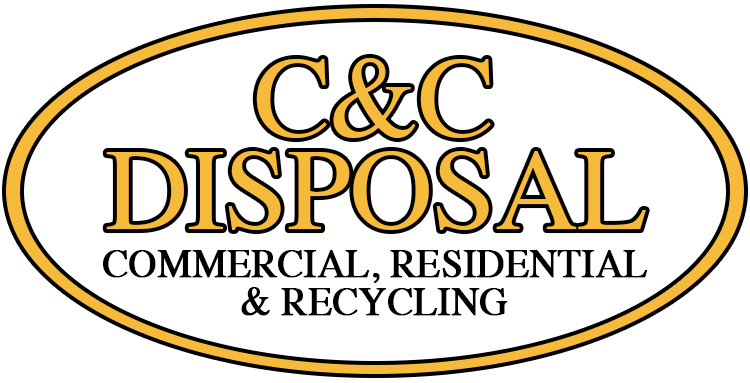
(Canva image)
Have you ever put something in the recycling bin that you’re not sure about?
If you don’t know if it’s recyclable, but hope it is…
If it has a recycling symbol or label on it, so you assume it must be OK …
If you’re pretty sure it’s not recyclable, but hope that somewhere down the line someone will be able to recycle I t…
…You might be a wishful recycler! You may have the best of intentions, but improper recycling can hurt more than it helps. Take time to learn what can be recycled.
If it has a symbol, is it always recyclable?
Not necessarily. Just because something has a recycling symbol on it, or says “recycle,” “recyclable,” or “recycled content” does not mean it is a recyclable item.
The numbers you see inside the recycling symbol on plastic bottles are resin codes developed by the plastics industry to help them properly sort plastics for recycling.
Some items that say they’re “recyclable” may be in other parts of the country, but it might not be true in our local market if there is no local end market for reuse, too little value in the material, or both.
“Made from recycled content” doesn’t always mean an item can be recycled again. For example, you may find a ballpoint pen that says it’s “made from recycled bottles.” Well, sure, but that doesn’t mean you can recycle the pen.
The unintended consequences of wishful recycling
When you put an item in your recycling bin that isn’t accepted by your curbside program or drop-off facility, you’re merely relocating your trash. Now someone at the recycling facility will have to throw that item away. You also may inadvertently contaminate other recyclables in the bin, which can lower their value or negate it entirely.
How? Let’s say you throw a glass pickle jar in your curbside recycling bin, even though your program does not accept glass. As the glass gets crushed in the recycling truck, glass shards and dust contaminate all the other recyclables they touch, lowering their value. Or, let’s say you throw a half-full can of paint thinner in the bin because it comes in a metal can, and your program accepts metal cans. Once that can is crushed in the recycling truck, the paint thinner could contaminate enough of the recyclables that the whole load has to go to the landfill.
What’s the solution?
What can you do to avoid wishful recycling? Put items in your recycling bin that the local programs accept.
If you are unsure, just give us a call.

Recent Comments